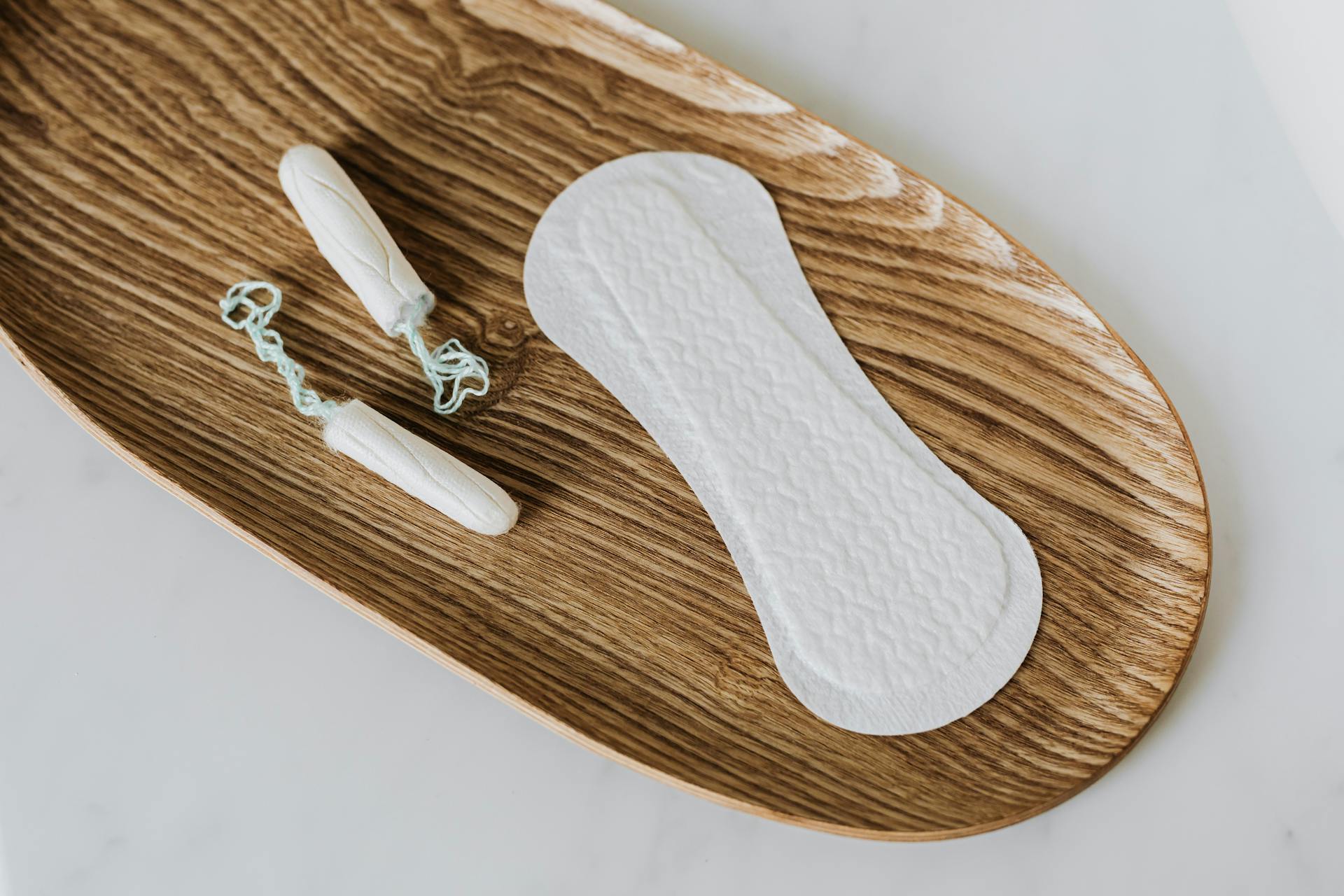The girlies have been swarming the internet with one very important hygiene question: Are tampons safe? New research from UC Berkeley shows that many tampons, including organic and non-organic, may contain toxic metals, such as lead and arsenic.
These new findings encompass tampons from several brands and the millions of consumers who use them each month. With 50–80 percent of those who menstruate using tampons for several hours per use, it’s no wonder the news has created some alarm.
While experts say that tampons are safe, they are encouraging people to do their research. It’s critical to know what is going in your body, and preferably, that is products that are toxin-free. For the woman who wants to take extra precautions, here’s more info on the news on tampons and a few menstrual alternatives to try.
The Danger That Comes With Toxins
The UC Berkeley research found that popular tampon brands that millions of consumers utilize each month contain toxic metals such as lead, arsenic, and cadmium. This is particular concerning because there is a higher probability for the skin inside the vagina to absorb chemicals than anywhere else on the body.
When the body absorbs toxic metals like lead, it can have numerous hazardous effects such as pain on the abdomen, fatigue, appetite loss, constipation, nausea, or vomiting. Metals have commonly been found to increase the risk of diseases like dementia, infertility, diabetes, and cancer. In addition, metals can damage the liver, kidneys, and brain, as well as the cardiovascular, nervous, and endocrine systems. For pregnant women, metals can harm maternal health and fetal development.
How Might Tampons Become Contaminated
To be clear, everyone is exposed to low levels of toxins at all times. However, this new UC Berkeley study shows that metals are present in all types of tampons. The study looked at tampons that consumers purchased in the United States versus Europe, organic versus non-organic, and store-brand versus name-brand.
Tampons can absorb toxins in a few different ways. One common way is that the cotton material absorbs metals from the environment – aka water, air, soil, or through another nearby contaminant. Tampons can also become contaminated during the manufacturing process.
Menstrual Alternatives
There is a lot more research yet to be done on women’s menstrual hygiene and products. As of today, it is undetermined whether or not the toxins found in tampons can lead to negative health effects. So do your best not to freak out, and continue to use products from reputable brands.
For those looking to take some precautions in the meantime, you can try out tampon alternatives. There are menstrual cups, menstrual disks, reusable pads, and period underwear. These fragrance-free products do not contain dyes or chlorine bleaching.
